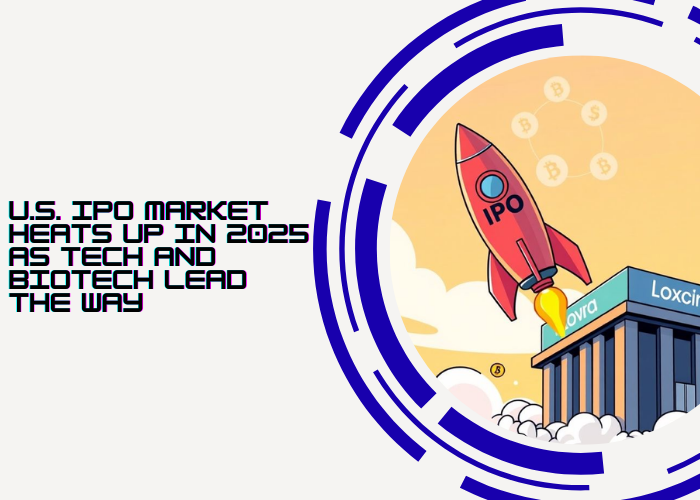What to Expect from the Job Market in the Next 5 Years?
What to Expect from the Job Market in the Next 5 Years
The job market is constantly evolving. With every technological advancement, new demands emerge while old ones fade away. So, what can we expect from the job market in the next five years? How will new technologies, remote work, and shifts in consumer behavior impact our professions and the way we work? In this article, we’ll explore the key trends shaping the job market in the coming years and how you can prepare to stand out in this constantly changing landscape.
1. Automation and Artificial Intelligence (AI)
In the coming years, automation and artificial intelligence (AI) will continue to radically transform professions. Increased adoption of AI, machine learning, and process automation means that many repetitive and administrative tasks can be handled by machines and algorithms. This will allow professionals to focus on more strategic, creative, and decision-making activities.
Sectors most impacted include:
- Financial Services: AI handling analyses and audit processes.
- Customer Service: Chatbots and automated systems replacing agents.
- Industry: Robots and automation on production lines.
How to prepare:
Start familiarizing yourself with emerging technologies such as programming, data analysis, and AI management. Professionals skilled in automation and AI tools will have a significant advantage in this new market.
2. Remote Work Will Become More Common
The pandemic accelerated the shift toward remote work. Companies are realizing the benefits of distributed teams, including reduced costs and increased productivity. This work model is becoming more efficient and accessible, and it’s highly likely to continue growing.
Hybrid work, where employees alternate between the office and home office, will become the norm in many companies. Professionals from around the world will be able to collaborate in real time, making the job market more globalized.
How to prepare:
Develop self-management, remote communication, and digital collaboration skills. This includes mastering tools like Slack, Zoom, and Microsoft Teams to maintain productivity.
3. Soft Skills Will Be Highly Valued
As automation advances, soft skills—or interpersonal skills—are becoming essential. Machines can perform repetitive tasks but cannot replicate human empathy, creativity, and leadership. Companies will look for professionals with skills such as:
- Effective communication
- Emotional intelligence
- Problem-solving
- Teamwork
These skills will be critical for those who want not only to survive but to thrive in the job market.
How to prepare:
Invest in developing your soft skills through courses in communication, leadership, or even therapy and coaching, which can improve emotional intelligence and interpersonal relationships.
4. New Professions and Emerging Sectors
Digital transformation doesn’t just eliminate jobs—it also creates new opportunities. Future professions will be based on emerging technologies and new market needs, such as:
- Data and privacy managers
- Blockchain developers
- Sustainability consultants
- Corporate mental health professionals
How to prepare:
Stay updated on trends and explore courses or certifications in these emerging areas. Knowledge of blockchain, digital communication, and sustainability will be powerful differentiators.
5. Globalization and International Competition
Globalization continues to make the job market more competitive. With remote work becoming widespread, you’ll be competing not just with professionals in your city or country, but around the world. This means exceptional skills will be required to stand out.
How to prepare:
To compete in the global market, learn new languages, understand different work cultures, and develop an international mindset. Specialization and adaptability will be crucial for those who want to thrive.
The job market of 2025 will look radically different from what we know today. To succeed, it’s essential to prepare for these changes. Adaptability will be your greatest ally. Start investing in new skills, learn to work with emerging technologies, and above all, develop your soft skills. Remember, the future of work is already in motion. What you do now could ensure your relevance tomorrow.



